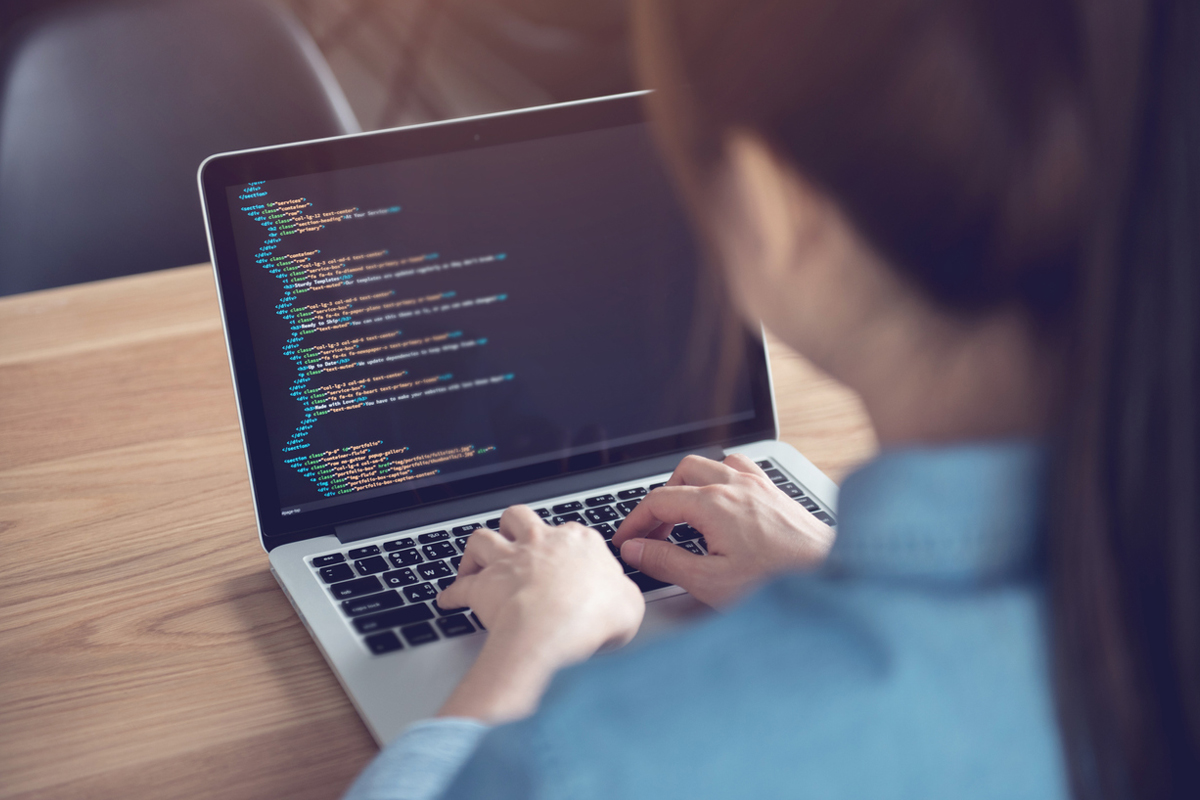Trump announces US withdrawal from World Health Organisation
Trump has long been critical of the WHO, and his administration formally withdrew from the organisation in July 2020 as the Covid-19 pandemic continued to spread.
While schools, colleges and universities are groping in search of an alternate method of instruction in the season of closure amidst Covid-19, the campus circuit has appropriately sounded a timely word of caution.

(Representational Image: iStock)
Teaching and learning are in suspended animation. Next to human beings, education has been a major casualty of the coronavirus pandemic. While schools, colleges and universities are groping in search of an alternate method of instruction in the season of closure amidst Covid-19, the campus circuit has appropriately sounded a timely word of caution.
Online learning might be the flavour of the season, but the praxis calls for deeper reflection than has been evident thus far. Chief among the contretemps is the very possible digital divide, for not many students have the means to boast a desktop computer or a laptop, let alone whether all have the wherewithal to access and assimilate.
Advertisement
Still more inconvenienced will be those who stay in remote villages with little or no internet connectivity. Online learning ought not be reserved for computer-savvy students of urban India. The imparting of instruction must of necessity have universal application; inclusivity and not exclusivity must be the hallmark of the praxis.
Advertisement
Of course, online classes on a “digital platform” do have certain inbuilt advanatages during closure, as unprecedented as it is prolonged. No one doubts that in itself it is a streamlined system. But education will not serve its purpose if the authorities are impervious to the socio-economic background of the students.
A digital divide among students can be harmful for the search of learning. Students in all or nearly most universities represent a heterogeneous segment. Fears that those who come from villages in a predominantly rural country will be victims of insufficient learning, and eventually develop a feeling of being left out are not wholly unfounded.
Apart from such inherent disadvantages, a section of the students are also likely to suffer in terms of evaluation. Schools, colleges and universities may be equipped with online learning facilities; some students may well be Internet savvy; but the risk of a substantial percentage feeling left out is dangerously real.
“We must not be doing anything to make those students feel that they have been left out,” is the caveat of a distinguished Vice-Chancellor. Students across disciplines come from villages in South 24- Parganas, Birbhum, Bankura, not to forget the perdurably poor Junglemahal belt.
The outcome ought never to fly in the face of the Right to Education, now a fundamental entitlement. Private campuses and schools, that function as commercial enterprises, can scarcely be the barometer for the advancement of learning.
While a central policy on online learning is yet to be formulated in the midst of the pandemic, a bevy of issues call for reflection by a cross-section of academics… from the school to the post-graduate level. It must of necessity be a holistic approach that covers all students and thus (hopefully) fulfils the Benthamite doctrine of the greatest good of the greatest number.
Advertisement